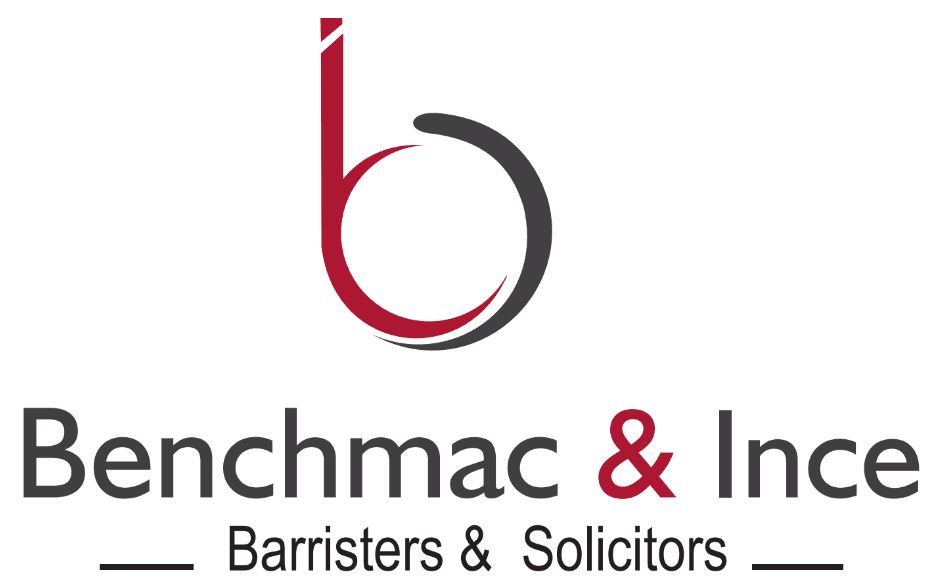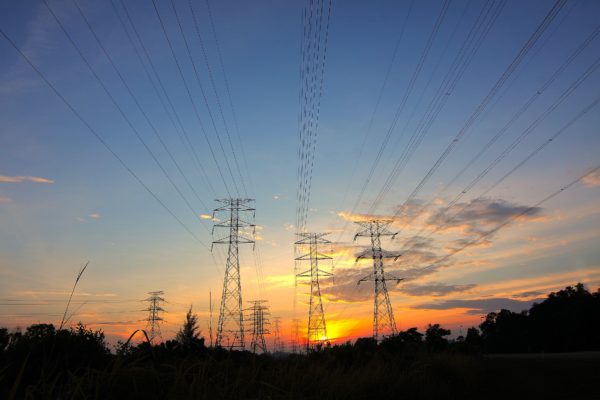Nigeria today is grappling to find its way out of the darkness that seemingly never goes away. Irregular electricity supply continues to be a mammoth issue that stakeholders and citizens bemoan every day. The 11 Distribution Companies (DisCos) who took over the distribution assets from the now defunct Power Holding Company of Nigeria (PHCN) and their investors attribute this poor performance to the absence of a Cost Reflective Tariff (CRT).
A cost reflective tariff is one that reflects the detailed cost of generating, transmitting and distributing electricity for the consumers’ use and enjoyment thus making this cost one that is borne by the consumers. The body responsible for regulating and approving electricity tariffs is the Nigerian Electricity Regulatory Commission (NERC). NERC in carrying out its duties established a methodology for regulating electricity prices called the Multi-Year Tariff Order (MYTO). MYTO provides a 15-year tariff model with minor review occurring semi-annually and major review every 5 years. It sets the wholesale and retail prices for electricity in the industry thus for the power sector to be properly funded and functional, MYTO has to set cost-reflective tariffs. Another key objective of MYTO is to ensure fair prices to consumers but yet sufficient enough to finance and recover cost plus profits for the licensees and all sector participants.
The generation, distribution and transmission companies all agree that their failure to meet the expectations of Nigerians is due to the current tariff falling short of the CRT. DisCos argue that although the electricity distribution business is fully privatized, it is 100% completely regulated meaning that the quantity of electricity contractually sold to the DisCos is regulated while NERC regulates the tariff. DisCos have no control over the quantity and price which is what leads to revenue meanwhile there has been increases in generation cost without a corresponding increase in retail tariffs.
This lack of a cost reflective tariff has resulted in major disinterest by investors and financiers in financing on grid power projects as they have no guarantee on return on investments. Late in 2019, Azura Power, Nigeria’s first privately-financed power plant in Edo State acquired a new power plant in Senegal and invested funds which could have been deployed in Nigeria[1]. The Managing Director Edu Okeke stated that this was based on the lack of cost-reflective tariffs which has discouraged investments.
NERC in December 2019, issued an order for a minor review of MTYO in which it mentioned that an increase in tariff was not to be immediately envisaged until April 01, 2020[2]. However a new Order[3] released by NERC stated that there would not be an increase in end-users tariff on April 1, 2020 citing the reason amongst others- poor service delivery, quality of power supply, inadequate metering the negative economic impact of COVID-19 on the average Nigerian etc.
The DisCos’ who had filed a petition for the institution of a cost reflective tariff were directed to instead provide a detailed plan for the full recovery of prudent cost and allowed revenue on capital by 30th June 2020. They were also directed to submit a revised performance improvement plan based on the key objective of improvement in service for end-users customers and transiting to full revenue recovery and that future tariff reviews would be based on consultations between DisCos and customers’ clusters with firm commitment on rates and quality service; service reflective tariffs. These plans are to form the basis for future tariff reviews and full cost recovery. These and others were amongst the perceived shocker the order contained for the sector participants.
Conclusively and in this writer’s opinion, the question then remains; can the DisCos improve service quality and provide constant electricity to the Nigerian citizens before a cost reflective tariff is instituted by NERC? Or does this Order mean that the Nigerian electricity sector will keep on grappling in the dark, trying to find an alternative way to get to the light?
[1] Premium Times, 19th September 2019 https://www.premiumtimesng.com/news/top-news/353369-lack-of-cost-reflective-tariffs-discouraging-investment-in-nigerias-electricity-sector.html
[2] Minor Review of MYTO 2015 and Minimum Remittance Order for the Year 2019
[3] Order on Transition to Cost Reflective Tariff in the Electricity Supply Industry
The opinions in the articles are for general information purposes only and do not form a legal relationship or be taken as legal advice. To explore legal advice, please consult your solicitor or feel free to get in touch with us directly.


